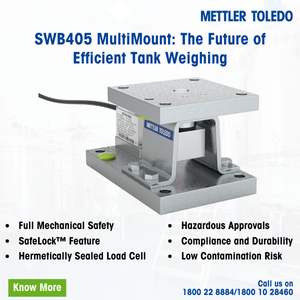Recyclekaro has officially registered on the government’s Extended Producer Responsibility (EPR) portal for e-waste recycling, joining the ranks of Lohum Cleantech, Attero, and LICO Materials as one of the four certified lithium-ion battery recyclers.
As a company dedicated to e-waste and lithium-ion battery recycling, Recyclekaro will assist manufacturers, producers, and importers of lithium-ion batteries and electronic products in achieving their EPR targets. These targets are set at 4,200 metric tons for lithium-ion battery recycling and 15,000 metric tons for e-waste recycling, thereby supporting sustainability goals.
India is the third largest producer of e-waste globally, generating 1.71 million metric tons annually, with only about 40 percent of this waste being recycled in the past financial year. The EPR portal, an initiative by the Central Pollution Control Board (CPCB), aims to address this issue by providing a transparent and accountable framework for managing electronic waste in the country.
The portal centralizes the monitoring of e-waste from production to disposal, linking manufacturers with certified recyclers like Recyclekaro and streamlining the collection and recycling processes. The system also offers financial incentives through EPR credits, making recycling more economically viable and aiding businesses in achieving their sustainability targets.
Additionally, the platform ensures legal compliance, improves data collection and reporting, and promotes innovation in recycling technologies, contributing to a more sustainable e-waste management approach in India.
The Battery Waste Management (BWM) Rules, 2022, issued by the Ministry of Environment, Forest, and Climate Change, apply to all types of batteries. The regulations require producers (both manufacturers and importers) to meet collection and recycling targets as part of their Extended Producer Responsibility (EPR) duties.
As reported by Manufacturing Today, producers, recyclers, and refurbishers must register through the CPCB’s online portal, enhancing accountability, traceability, and transparency in fulfilling EPR obligations.






























